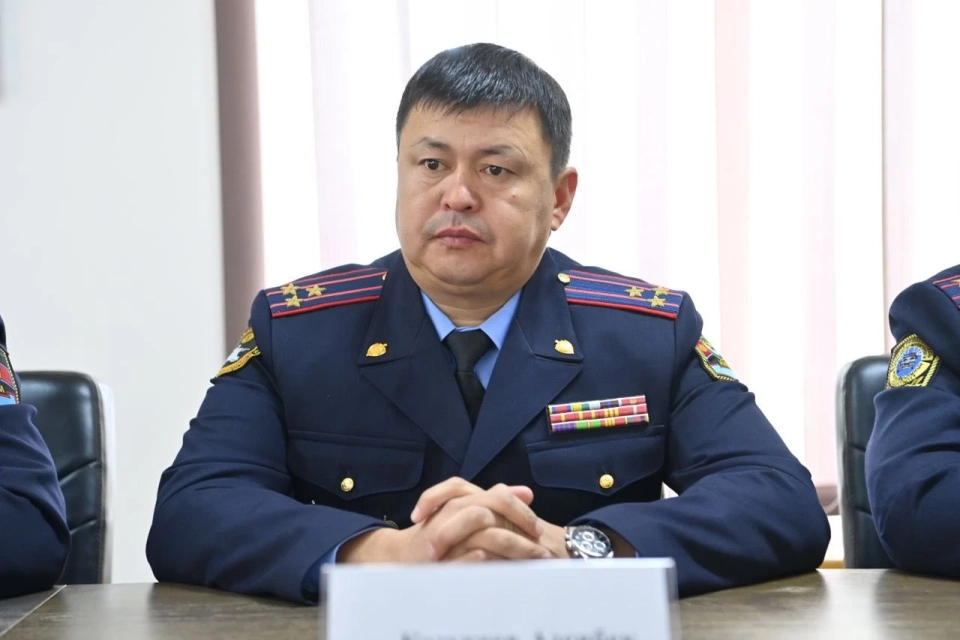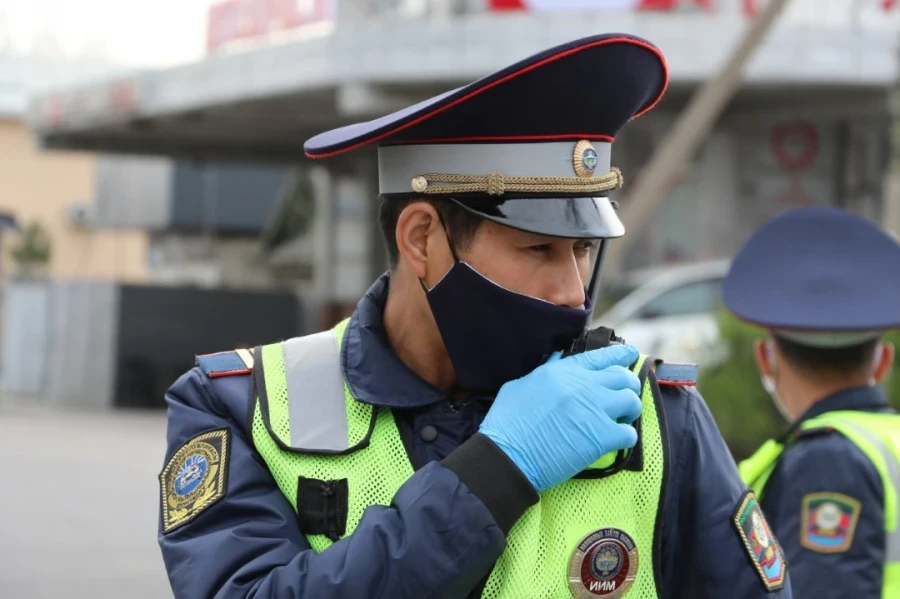According to the agency, citing data from the Ministry of Internal Affairs, the situation with begging, especially in Bishkek and Osh, is becoming increasingly serious and characteristic of growth.
The number of people engaged in begging is increasing every year. The southern capital sees a significant number of foreigners and stateless individuals begging on the streets.
“The reason for begging is the ease of earning income without the need for professional skills or physical labor. It is important to note that the proposed innovations will only concern intrusive behavior, excluding cases where begging does not pose a threat to road safety,” the justification note emphasized.
Citizens who genuinely need help and do not disrupt public order with their behavior will not be subjected to new sanctions, the Ministry of Justice added.
Issues related to intrusive begging in public places, including roads, pose a threat to road safety and deteriorate the image of cities for both locals and tourists. Frequent requests for alms in crowded places, such as markets and shopping centers, cause dissatisfaction among citizens, the agency noted.
It is planned to supplement Article 126 of the Code of Offenses with a new provision "Begging," which will include:
- Begging on the roadway and intrusive requests in public places will be punished with community service from 20 to 30 hours or arrest for up to three days;
- Repeated violations within a month will result in community service from 30 to 40 hours or arrest from three to five days;
- For foreigners who commit repeated violations, expulsion from the country is provided.
Additionally, the draft proposes to introduce a provision "Involvement in Begging":
- Involving elderly citizens, pregnant women, persons with disabilities, or those suffering from mental disorders will result in a fine of 200 calculation indicators (20,000 soms);
- If such involvement is committed by a foreigner repeatedly within a month, they may also be expelled from the republic.




